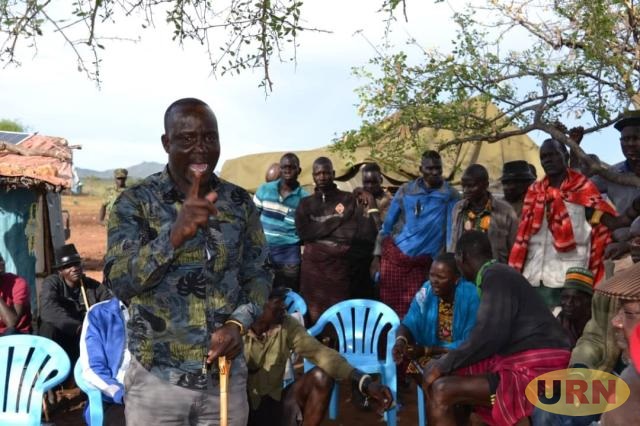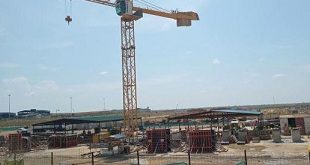
Kaabong, Uganda | THE INDEPENDENT | Residents in Kaabong district have asked for security deployment along the borderline between Uganda and Kenya to counter Turkana warriors.
According to residents, the Turkana warriors have continued terrorizing the communities and their efforts to track cows that enter the Kenyan are futile. They also added that the security forces have not been tracing cows up to the border in fear of invading the Kenyan territory.
Simon Lokori, a resident of Kakamar Sub County said that they have lost many livestock to the Turkana warriors due to the poor terrains at the borders hindering the tracking process.
Lokori wondered why the security forces in Karamoja could not trace the raided livestock that enters the Turkana side yet cows stolen from Kenya are tracked up to the villages in Kaabong.
Lokori urged the security forces to increase the deployment along the border to stop the Turkana from crossing over with stolen cows.
“Whenever our cows are raided, the footmarks lead to the Kenyan border and once they enter the Turkana side, our army just gives up and says they are not allowed to cross over other country’s territory” Longoli explained.
Mathew Lomaruk another resident urged the security forces to track stolen cows up to the side of Turkana where their cattle have ended up whenever it’s raided.
Lomaruk added that the Turkana warriors are taking advantage of thin security at the border to raid cows.
Lomaruk also urged the security forces to disarm some of his colleagues who were still hiding with illegal guns in the bushes. He observed that the few armed wrong elements are now conniving with Turkana warriors to steal their cows.
Joseph Tikol, the LCIII Chairperson of Kakamar Sub County noted that they have long been grappling with the problem of tracing the cows that cross to the Kenyan side.
Tikol said the borderline is submerged with escapements, and bushes around which frustrates their effort to follow the cows that are raided by the Turkana warriors.
He said that the security forces whom they trust to help them in tracking always withdraw after reaching the border due to a lack of water to sustain them during their operations.
Tikol said that they have been cooperating with the authorities from Kenya to trace cows raided in Turkana by Karamojong warriors yet they cannot do that in Kenya.
Maj Gen Don William Nabasa, the UPDF 3rd Division Commander said that they are working tirelessly to address the security situation along the borderline of Uganda and Kenya.
Nabasa appealed to the district leadership to lobby for the water sources along the borderline to support the forces who will be deployed at the border. He observed that the security forces have always faced the challenge of water scarcity at the border during operations and this frustrates the efforts to execute their duties.
Nabasa also urged the Jie and Dodoth Communities in Kotido and Kaabong to form an alliance to combat cattle theft and promote peaceful coexistence.
Nabasa further noted that tracing animals that cross to the Kenyan side has been the greatest challenge as the Kenyan forces that would help to join hands are deployed far away from the border.
Nabasa explains that it becomes a challenge for the Ugandan army to enter Kenya and start tracing stolen cows without support and authority from the Kenyan forces.
However, Paul Komol Lotee, the LCV Chairperson of Kotido said that the process is ongoing to identify the areas along the borders where the boreholes can be drilled to support security work.
Lotee noted that the drilling of one borehole is under progress and urged the security officials to consider speeding up the process of army deployment at the border to deter Turkana warriors from crossing and terrorizing the Karamojong communities.
******
URN
 The Independent Uganda: You get the Truth we Pay the Price
The Independent Uganda: You get the Truth we Pay the Price



